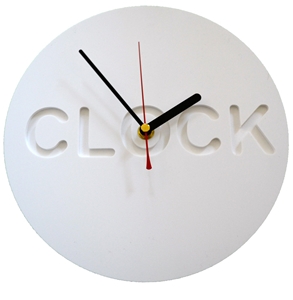
While the individual enrollment deadline has been extended numerous times and the business owner mandate – requiring large companies to provide employee benefits to their workers – has been put off until 2016, these postponements may ultimately lead to higher premiums when it's all said and done.
Ratings firm Moody's Investment Services forecasted that the extension of the sign-up deadline is "credit negative" for insurers because it raises the risk of adverse selection, which can wind up adversely impacting carriers bottom line if they don't take the appropriate precautions, BenefitsPro reported.
"Although the [U.S. Department of Health and Human Services] aims for the extension to apply to a limited number of situations, the reality is that anyone can claim they tried to enroll into the exchange before the original deadline and receive an extension because HHS requires no documentation verifying enrollment attempts," said Steve Zaharuk, Moody's analyst, in the report.
He added that the extension will likely not lead to more people signing up, contrary to what President Barack Obama said when he announced that more than 7 million people had signed up for coverage through the exchanges. Because people have had six months to enroll, it's unlikely that an extra two weeks will make a significant different, BenefitsPro reported.
"The truth is, even more folks want to sign up," said Obama in the White House Rose Garden on March 31, the initial enrollment deadline. "So anybody who was stuck in line because of the huge surge in demand over the past few days can still go back and finish your enrollment."
Approximately 75 percent of Americans believe that extending the sign-up deadline for some but not everyone was unfair, according to a recent HealthPocket survey.





